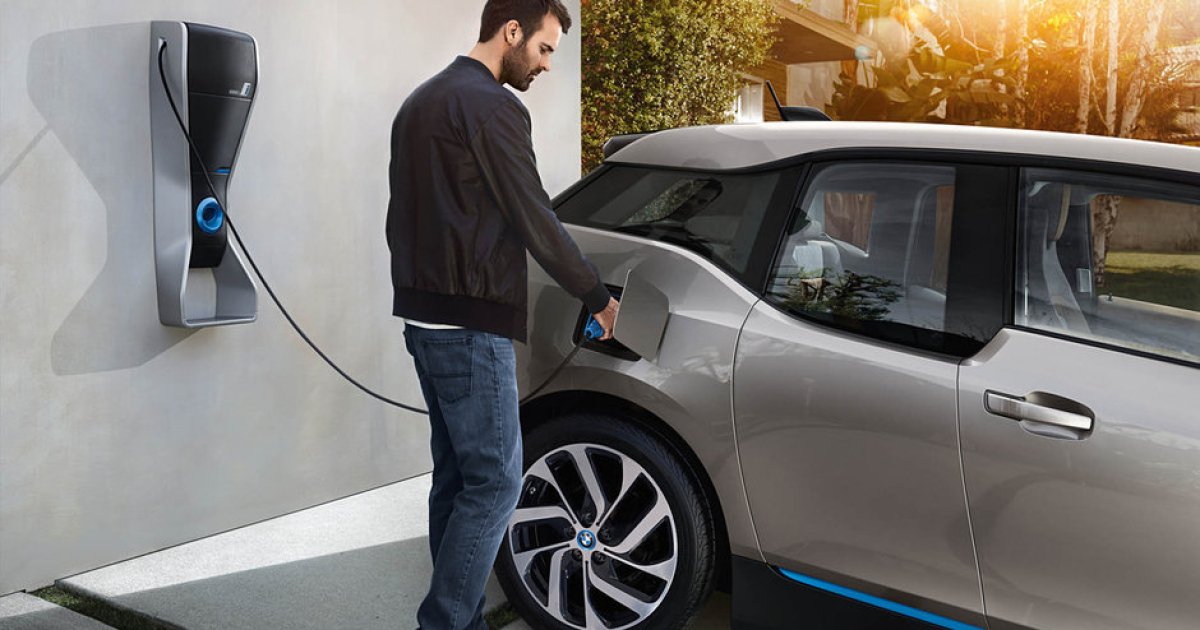
As electric vehicles (EVs) become increasingly popular, the need for convenient and efficient charging solutions at home is more critical than ever. EV home charger installation is a significant investment, and careful consideration must be given to various factors to ensure a seamless experience. At EV-Charger Edmonton, we understand the intricacies involved and offer comprehensive consultation services to guide you through the process. Here are the top 10 things to consider before installing an EV home charger.
1. Assess Your Electrical System Capacity
Before proceeding with the installation, it’s essential to evaluate your home’s electrical system. Most EV chargers require a 240-volt outlet, similar to what is used for large appliances like dryers. An electrician can determine if your current electrical panel can handle the additional load or if an upgrade is necessary for EV home charger installation. This step is crucial to prevent electrical overloads and ensure safety.
2. Choose the Right Charger Level
There are three levels of EV chargers, each with different power outputs and charging speeds. Level 1 chargers use a standard 120-volt outlet and are suitable for overnight charging. Level 2 chargers require a 240-volt outlet and offer faster charging times. Level 3 chargers, also known as DC fast chargers, provide rapid charging but are more expensive and typically used in commercial settings. Assess your daily driving needs to choose the appropriate charger level.
3. Location of the Charger
The location of your EV charger is a critical factor. It should be installed in a convenient spot where you park your vehicle regularly. Consider the distance from your electrical panel to minimize installation costs. Additionally, the charger should be in a sheltered area to protect it from harsh weather conditions.
4. Installation Costs
Understanding the costs associated with EV home charger installation is vital. Costs can vary based on the type of charger, electrical upgrades, permits, and labor. Obtain quotes from licensed electricians to get an accurate estimate. Remember that investing in a higher-quality charger and proper installation can save you money in the long run by reducing maintenance issues.
5. Permits and Regulations
Installing an EV charger may require permits and must comply with local building codes and regulations. Check with your local authorities to understand the requirements. Compliance ensures that your installation is safe and legal, preventing potential fines or the need for costly modifications later.
6. Incentives and Rebates
Many governments and utility companies offer incentives and rebates for EV home charger installation. These can significantly reduce the overall cost. Research available programs in your area and take advantage of them. EV-Charger Edmonton can assist you in navigating these incentives to maximize your savings.
7. Charger Features and Connectivity
Modern EV chargers come with various features such as Wi-Fi connectivity, smartphone apps, and energy monitoring. These features allow you to monitor charging status, schedule charging times, and track energy usage. Evaluate which features are important to you and choose a charger that meets your needs. Advanced features can enhance convenience and efficiency.
8. Future-Proofing Your Installation
Consider future-proofing your installation to accommodate advancements in EV technology. Opt for a charger with higher power output capability, even if your current vehicle doesn’t require it. This foresight ensures compatibility with future EVs and prevents the need for another installation when you upgrade your vehicle.
9. Professional Installation
Hiring a professional for your EV home charger installation is crucial. Professional installers ensure that the charger is correctly connected to your home’s electrical system and complies with safety standards. They can also advise on optimal placement and provide necessary maintenance tips. EV-Charger Edmonton offers expert installation services to ensure your charger operates efficiently and safely.
10. Warranty and Support
Lastly, consider the warranty and support offered by the charger manufacturer and installer. A robust warranty provides peace of mind and protection against defects or issues. Reliable customer support ensures that any problems you encounter are promptly addressed. At EV-Charger Edmonton, we provide excellent after-sales support to keep your charging system running smoothly.
Conclusion
In conclusion, installing an EV home charger involves several critical considerations, from assessing your electrical system to choosing the right charger and ensuring professional installation. By carefully evaluating these factors, you can enjoy the convenience and benefits of home charging for your electric vehicle.




